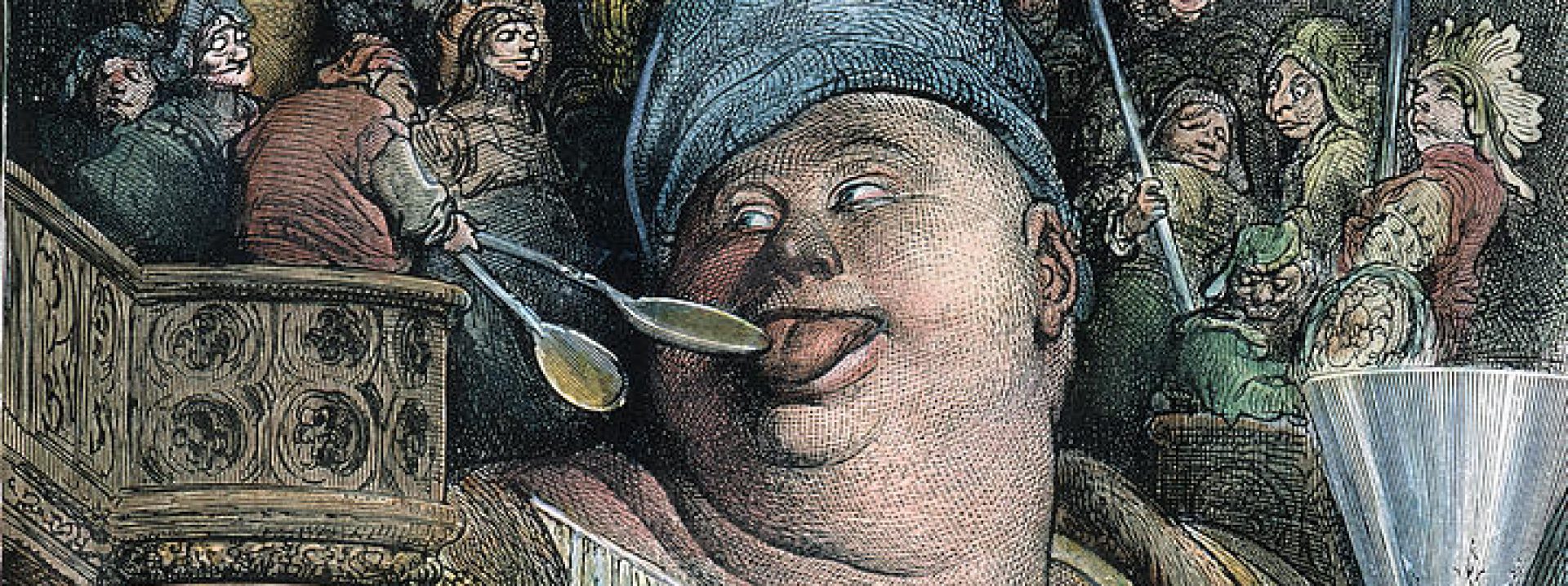In any discussion-based course, clear guidelines for discussion are necessary to ensure everyone feels welcome, included, and safe in our conversations. We also want our guidelines to promote conversation at a high intellectual level. In other words, these guidelines need to create a space where everyone is not simply able to participate, but able to disagree civilly, to question one another’s arguments or assumptions, and to reach a point of common understanding.
Below, I’ll post a series of questions and prompts to get our conversation in class on Thursday 1/23 started. Please write down your initial thoughts before class, as well as any additional questions or topics you think we should consider.
What should count towards the “Contribution” grade?
I’ve flagged the two most obvious ways of earning a “Contribution” score in the syllabus: speaking in class, and posting on the course website. What other forms might contribution to the course take? What ways can people who feel hesitant to speak in front of the class contribute to our work together this semester? What forms of contribution to a course have you felt in the past may have gone unrecognized?
How should the Reading Diary be organized and graded?
My goal for our Reading Diary is to have a place outside the classroom where we can ask questions, share information, post resources, and discuss material and issues that we didn’t find time for in class. It can also be a place where people discuss their progress with assignments and look for feedback and suggestions. How would you like to see this space organized? What level of engagement or types of work should count towards your Reading Diary score? In the past, I’ve organized these forums one of two ways: 1) I assign specific students to post an opening reflection on certain days of class, and require that all other students respond briefly to the opening post; 2) I post an opening prompt myself, and require that all students comment multiple times in the discussion that follows. Does one or the other of these formats appeal to you? Can you imagine other forms this online discussion space might take?
What to do when we disagree?
Most of our time this semester will be spent in conversation about the texts and images we’ll be studying. Often, we’ll disagree over how to interpret the evidence, over arguments about the body and its meaning, or even about points of comparison with contemporary life. How can we ensure that these disagreements are productive – that is, that they lead to further, deeper conversation, rather than shutting the conversation down or simply making each other angry? What assumptions about our fellow students might help or hinder our conversations? What techniques might we use as bystanders if we feel a conversation is headed in the wrong direction?
What to do when we are offended?
Much of the material we’ll be studying this semester has the power to offend us – indeed much of it is expressly designed to be offensive. We might also be offended by other students’ reactions to these texts. How can we make productive use of these moments? How can we learn from or appreciate pre-modern texts that contain offensive material? How can we express our reactions to comments made in class we feel are problematic without attacking each other or closing off all possibility of discussion? What techniques of self-care can help enable us to study difficult topics and difficult materials?
How to respect others’ experiences?
Some of the material we’ll be looking at in this class directly examines or depicts traumatic experiences from the pre-modern world. Some of this evidence may evoke traumas we ourselves or people we know have experienced. Even when the objects of our investigation are not traumatic, our own lived, embodied experiences will shape the way we respond to and interpret the ancient evidence. How can we be respectful of the personal histories of our classmates and the ways those histories inform their experience of this class? How can we balance our desire to support and protect one another with our desire to understand the full lived experience of pre-modern people?
How to handle laughter?
One particular challenge posed by much of the material we’ll be studying together is that it was created originally to be funny. Comic literature and art in the pre-modern world (as today) often has the license to discuss or depict aspects of human life that other, more “serious” forms of art could not. A lot of this literature remains quite funny today, but its humor is often a kind that we as modern readers will also find offensive. How can we have productive conversations about texts that contain offensive humor? How can we process our own reactions to such texts? If we find ourselves feeling offended by others’ reactions, how can we work through what’s problematic about those reactions without making our classmates feel personally attacked?
How can we all feel safe?
As the questions so far have probably made clear, I want our classroom to be a space where students feel safe. This emphatically does not mean that it will be a space where we are never offended, where we never confront anything challenging or traumatic, where we never have to question our own beliefs or assumptions. In fact, I want the opposite: a classroom where we feel safe enough to risk sharing our own ideas and interpretations, to disagree in a productive way, to confront even the most disturbing, problematic, or challenging aspects of the material we’re studying. What can we do to ensure that our classroom is a safe place for these difficult conversations? What can we do to respect our classmates’ privacy, their personal histories, and their ideas? What techniques, key terms, or rules can we establish to make ours a safe classroom?
What questions should I be asking that I’m not asking?
What other topics, concerns, or aspects of the course do you think we should include in our discussion for today? What were you hoping to talk about? What have you found productive in discussions of this kind in other classes that I’ve omitted from my prompts above?

